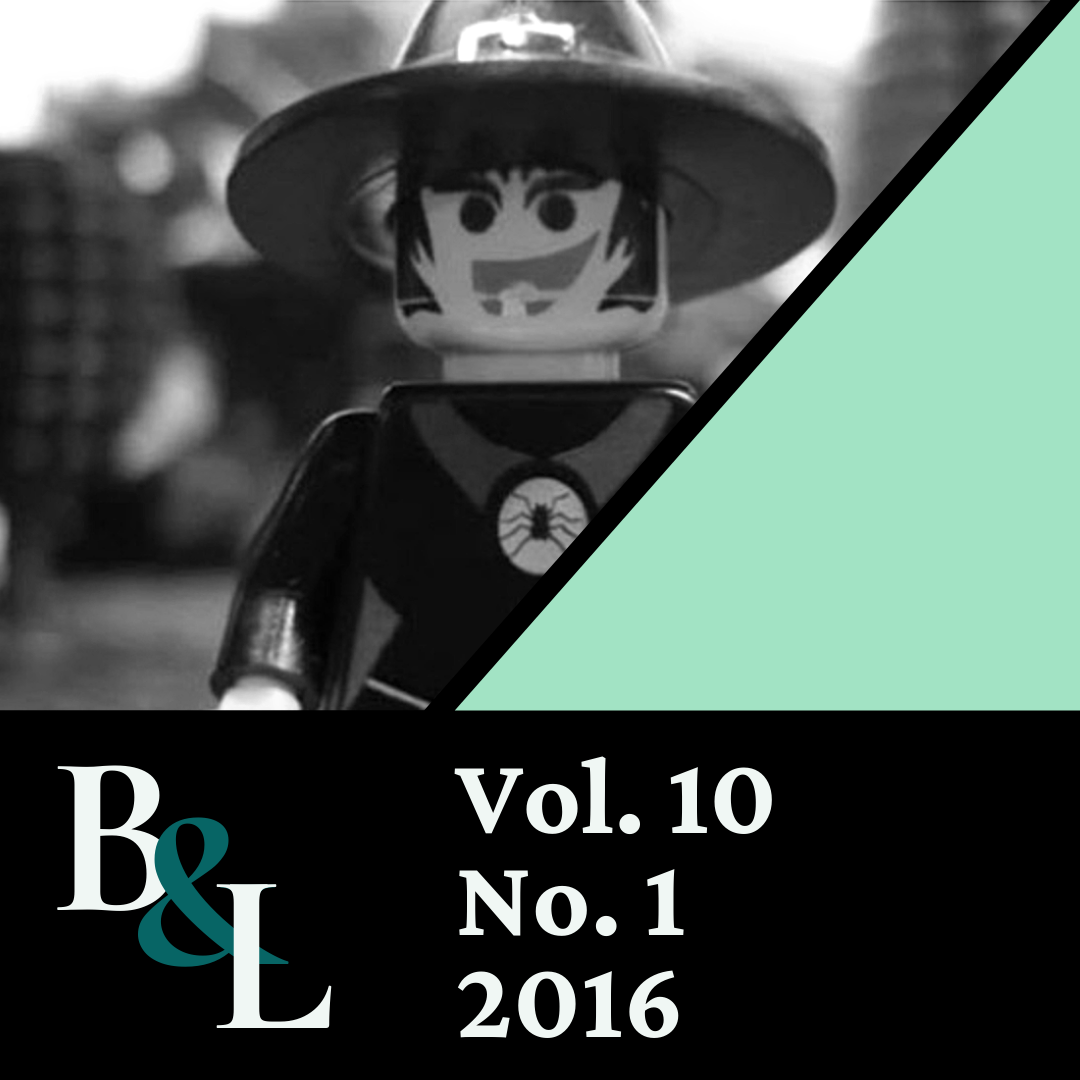"Oh, teach me how I should forget to think"
The Pedagogical Problems of Pleasure and Rigor in Social Media and Shakespeare
Abstract
Cluster: Modes and Models of (In)Attention
This paper investigates the anxiety exhibited by some academics over the use of new media in teaching Shakespeare. New media, some critics claim, impoverish academic studies, undermining communication skills and cognition by introducing the pollution of the market and the ideas of a populace deluded by pleasure-seeking into the realm of education. I question the bias that rejects the pleasure of new media, paying particular attention to laments about the decline of academic authority into "edutainment" and "infotainment," and I argue that the importance of new media lies, in part, in its ability to facilitate new modes of communication, to accommodate new constructions of identity and to contest older less objective views of language, knowledge, and selves.


